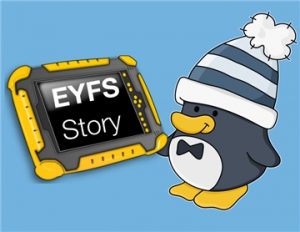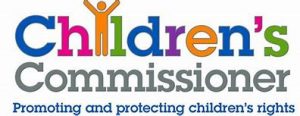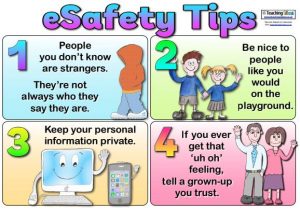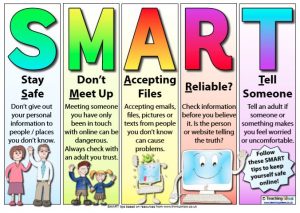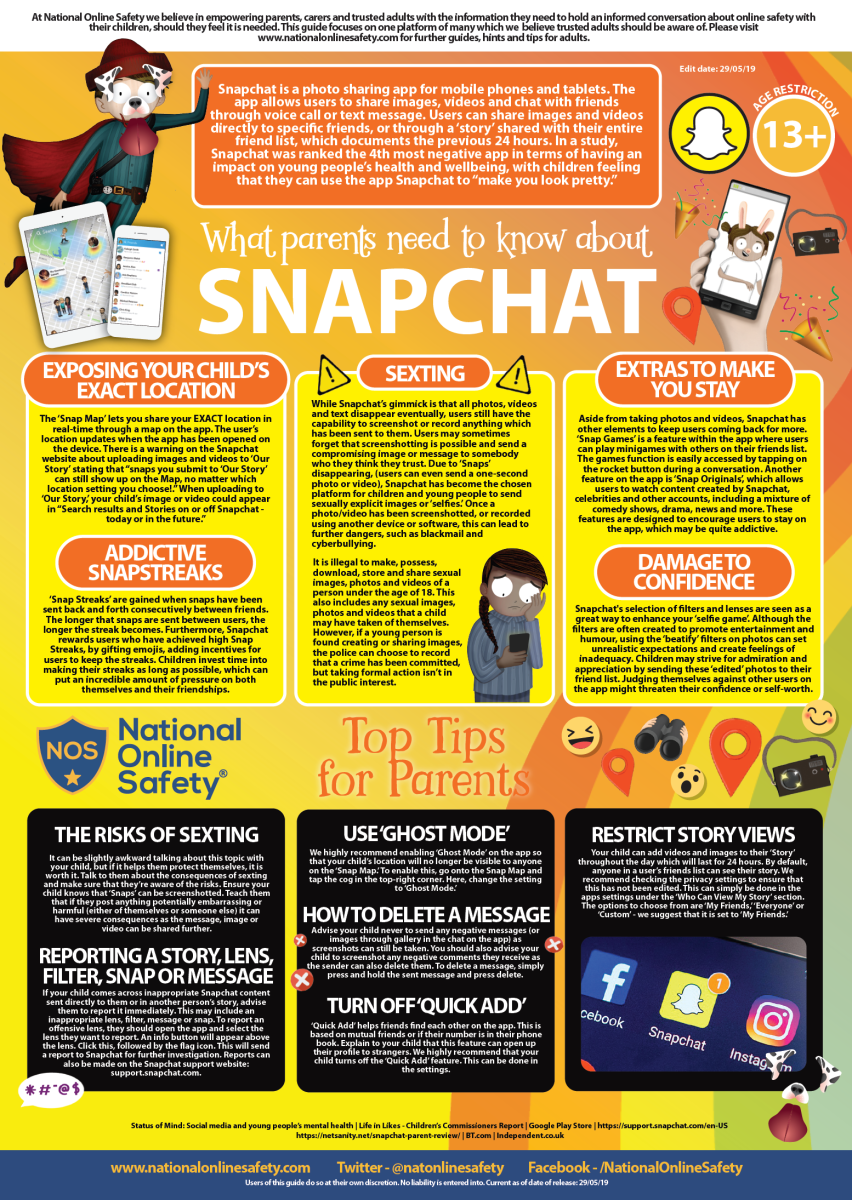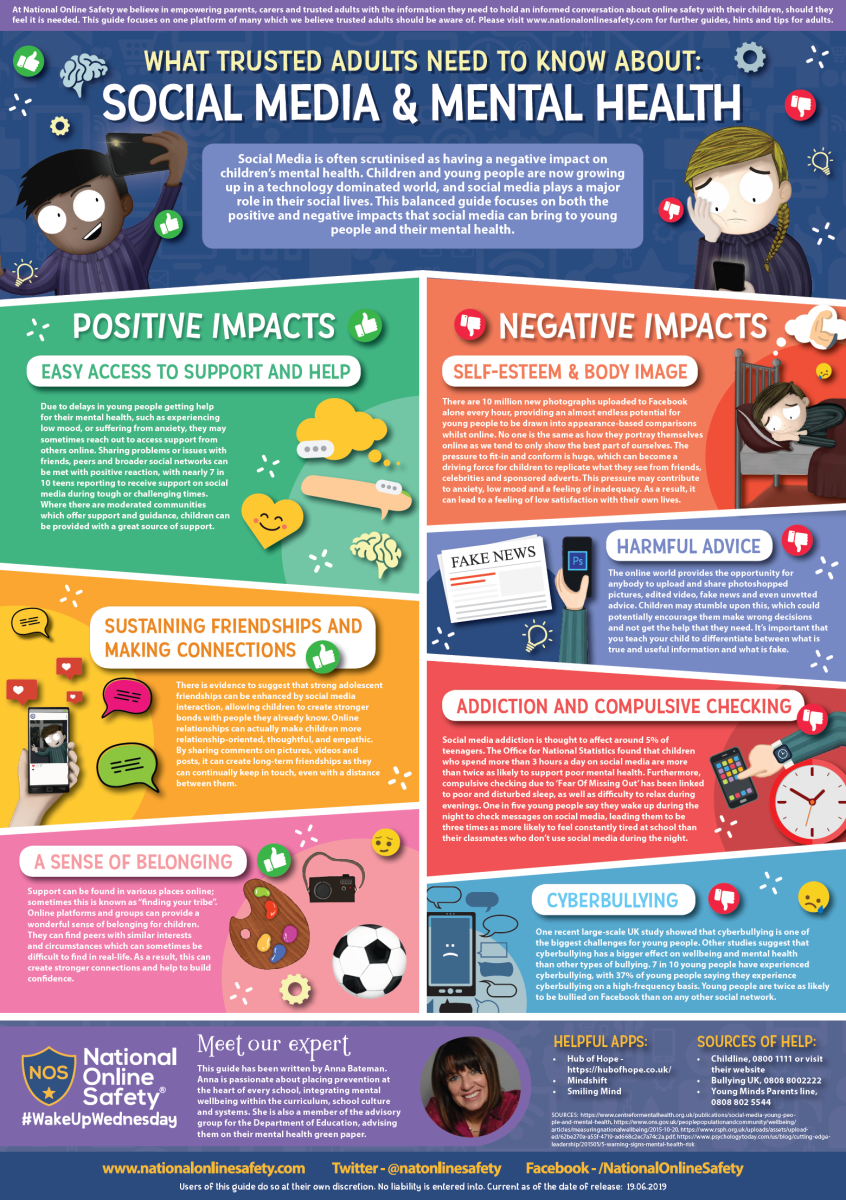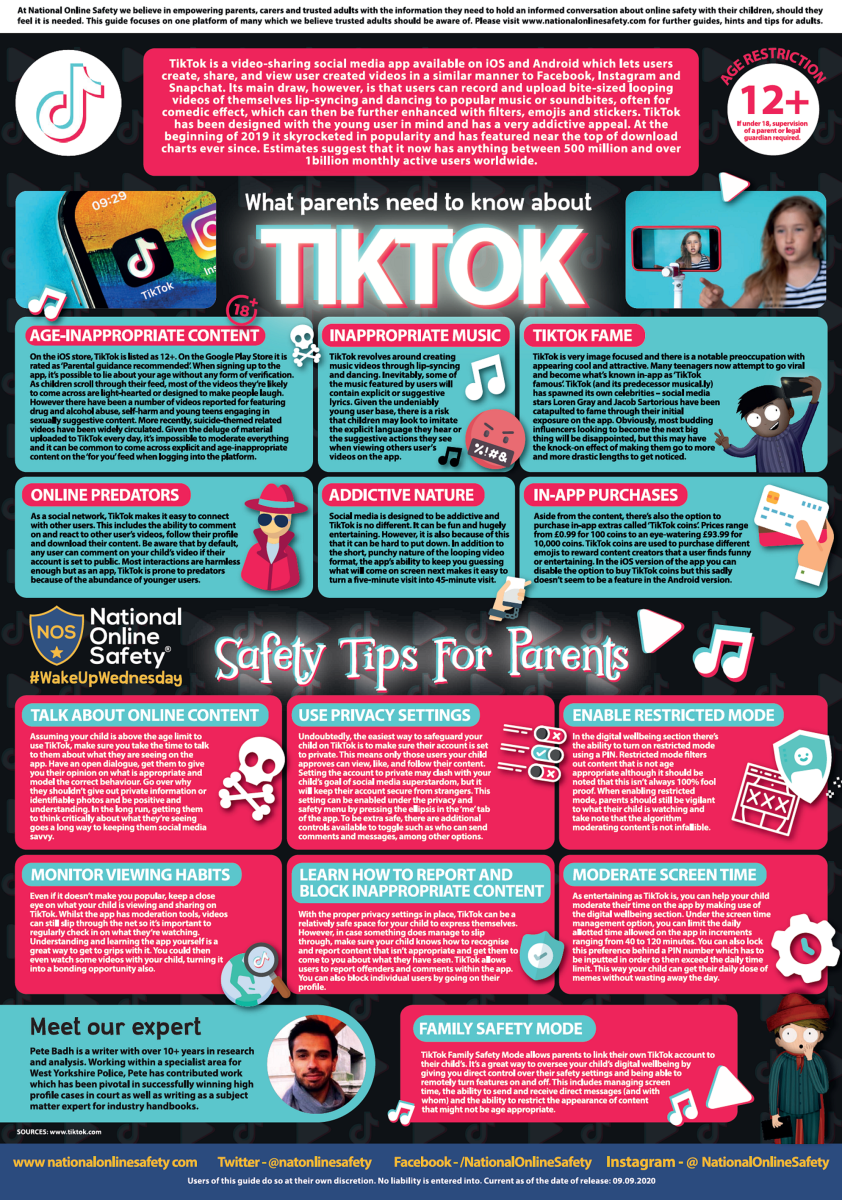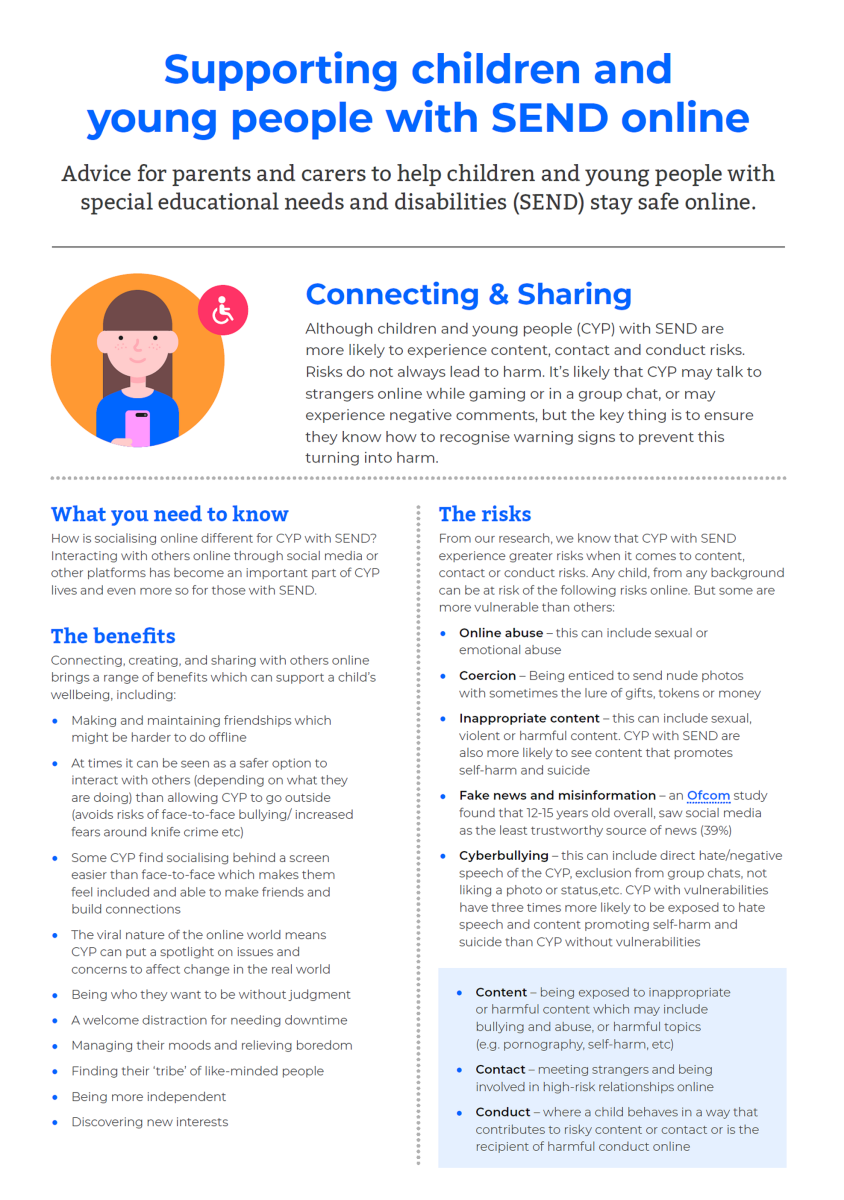Online/e-Safety is an important part of keeping children safe and Millbrook Community Primary School has extensive security measures in place to help safeguard pupils from potential dangers or unsuitable material.
E-Safety is taught to all pupils; explaining and demonstrating how to stay safe and behave appropriately online. We work closely in partnership with Knowsley CLC to ensure online/e-safety is a priority in our school. However, we can only be successful in keeping children safe online if we work with parents to ensure the e-Safety message is consistent.
It is important that parents speak to their children about how they can keep safe and behave appropriately online. It is essential to be realistic, the internet and technological advancements are here to stay; banning them will not work – often it makes a child less likely to report a problem. Education around safe use is therefore essential.
Say no to Cyberbullying!
Some tips for you to help keep your children safe online
- Consider locating your computer or mobile devices in a family area where children’s online activity can be monitored or supervised.
- Talk to your child and ask them to show or even teach you how they use the internet and learn about websites or tools they like to use and why.
- Make sure your child knows it’s important that they tell an adult they trust if anything happens online that makes them feel scared, worried or uncomfortable.
- Remind children that they should use the same caution online as they would in the real world. Tell them they should never go to meet someone they have only spoken to online.
- Install antivirus software, secure your internet connection and use Parental Control functions for computers, mobile phones and games consoles to block unsuitable content or contact.
- Familiarise yourself with the age limits of social networking sites such as Facebook, Twitter, Snapchat, ooVoo, Instagram etc. There’s an age limit in place for a reason, if you decide to allow your children on to these sites make sure you know how they can protect themselves while using these sites – for example knowing how to set appropriate privacy settings.
Online Safety Newsletters & Guidance
2024
2023
2022
2021
2020
Vodafone Digital Parent Magazines
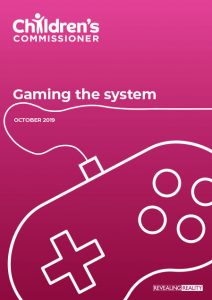
The Children’s Commissioner commissioned the research company Revealing Reality to speak to groups of children who play online games like FIFA, Fortnite and Roblox about what they love and what worries them about gaming, both to shine a light on their experiences and to inform policy recommendations.
With 93% of children in the UK playing video games, the Children’s Commissioner is today calling for new rules to tighten up gambling laws and to address the worries children have expressed about how they feel out of control of their spending on online games. Click on the image below to discover more.
Social Media
At Millbrook C.P School we value the transformational qualities of technology on teaching and learning and cherish the connections we have made using social media, however we do not promote the independent use of Twitter, Facebook or Instagram to our children until they reach the recommended minimum age of 13.
Nevertheless, we also understand the pressures placed on parents to allow use of these sites and therefore aim to offer as much support as possible to raise awareness of the dangers of the virtual world and how to keep their children safe. Please click on the links below for more information.
- Facebook guide
- Fifa guide
- Instagram guide
- Roblox guide
- Minecraft guide
- Fortnite Guide
- https://www.saferinternet.org.uk/blog/new-safer-internet-day-top-tips-and-advice-pages
Every term, each year group will be taught the topic ‘My Onlife Life’.
My Online Life has been developed to improve children’s knowledge of the risks of their online lives and to develop skills when using online services. It take an holistic approach to each of the different elements of their online lives. The resources included in this module are aimed at stimulating classroom discussions about certain situations that may arise when online and to get the children to think critically about their online lives.
N.B. This module follows the UKCCIS Education for a Connected World-Framework which aims to “describe the Digital knowledge and skills that children and young people should have the opportunity to develop at different ages and stages of their lives. It highlights what a child should know in terms of current online technology, its influence on behaviour and development, and what skills they need to be able to navigate it.”
In addition to the ‘My Online Life’ topic we teach across the school, we put extra emphasis on staying safe online using our digital leaders as role models to spread the message through a digital leader’s ‘Online Safety’ assembly. They highlight the importance of our ‘Smart Rules’ posters that we place on display in every classroom.
They also create an online safety video to spread the following message:
At Millbrook C.P School we are taught the importance of being ‘Ready, Respectful and Safe.’ The same rules of good behaviour and kindness that we are taught to show to each other at all times apply equally to both online friendships and face-to-face relationships.
We take a rigorous, holistic approach to esafety but also recognise that our children may make mistakes and we need to be there to help them to learn from their mistakes.
Useful Links
UK Safer Internet Center
Advice, guidance and “Top Tips” for both parents/carers and children can be found on this site.
Childnet
Visit the “Know it All” section for an interactive guide about online safety.
Thinkuknow
The “Thinkuknow” website is brought to you by the Child Exploitation and Online Protection (CEOP) centre.
CEOP
The Child Exploitation and Online Protection Centre delivers a multi-agency service dedicated to tackling the abuse and exploitation of children in the real and ‘e’ world. Often it is referred to as an online 999. By clicking on the button, young people and parents can get advice on a range of issues such as viruses, hacking and dealing with bullying online.
Get Safe Online
Free up to date Security advice including using complex passwords, privacy settings, safe searching and social network.
Virgin Broadband: Parental Controls
Virgin Media have launched handy tools to help parents of web-ready kids stay ahead of the curve
It is important that parents speak to their children about how they can keep safe and behave appropriately online. It is essential to be realistic, the internet and technological advancements are here to stay; banning them will not work – often it makes a child less likely to report a problem. Education around safe use is therefore essential.
What are the issues?
The internet – on the whole is an inspiring and positive place.
The internet is an amazing resource which enables children and young people to connect, communicate and be creative in a number of different ways, on a range of devices.
However, the internet is always changing, and being able to keep up to date with your children’s use of technology can be a challenge.
You may sometimes feel that your children have better technical skills than you do, however children and young people still need advice and protection when it comes to managing their lives online.
Issues that your child may encounter on the internet will vary depending on their age and online activities.

